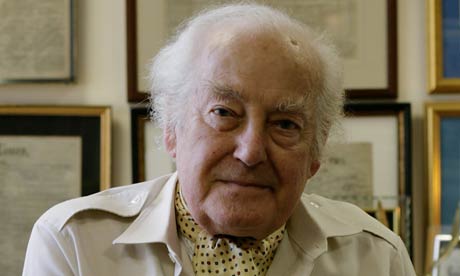Tindle Newspapers' small but apparently successful experiment with online charging could offer interesting lessons for other larger groups contemplating what to do about the internet.
The local newspaper group introduced web charging at the Tavistock Times and the South London Press sites over the summer and has now decided to roll out the same model across 40 other paid-for papers.
This is being done not by erecting a paywall around previously free content, but by replicating the printed paper on the internet.
Tindle used the PageSuite software, which allows the reader to flick from page to page and zoom in on any articles of interest.
The technology also allows for interactive advertising, giving readers the opportunity to email advertisers through the digital pages.
You can see an example of what PageSuite looks like at the online edition of Tindle's Yellow Advertiser series of free newspapers in Essex.
So what you have is essentially a straightforward substitute for the print product, ideal for people who can't otherwise get hold of their local paper – if they have left the area, for instance.
Tindle is charging the same for the web version as you would pay for the printed product – that's 55p to read the Tavistock Times and 50p to read the South London Press.
That runs counter to the conventional wisdom that reader expectations and the lower distribution costs of the internet mean online charging should represent a hefty discount on the price of the print product.
"You pay exactly the same as if they had bought it at the newsagent itself – which means we are not losing anything," says Brian Doel, Tindle's managing director.
Six months into the trial, Tindle has been delighted with the number of paying customers it has attracted to the sites.
Doel says the Tavistock Times has 350 or 400 paying online readers a week, compared with a circulation of 14,000.
The South London Press, which sells print 40,000 copies, has web subscribers in the "high hundreds".
Tindle's online pay model is arguably not that sophisticated – it starts from a simple premise that the web version is a copy of the paper.
Larger papers, which have huge amounts of bespoke web content uploaded every day and are able to command audiences in the millions, are hardly likely to take such a reductive approach to reshaping their web presence.
But if Tindle's model makes money and stops print sales falling, all newspaper groups will be interested in its progress.

Comments (…)
Sign in or create your Guardian account to join the discussion